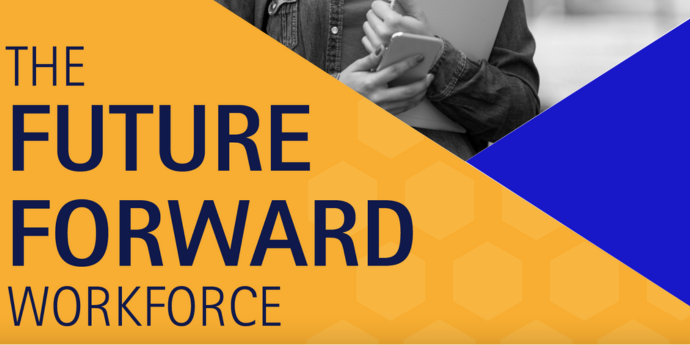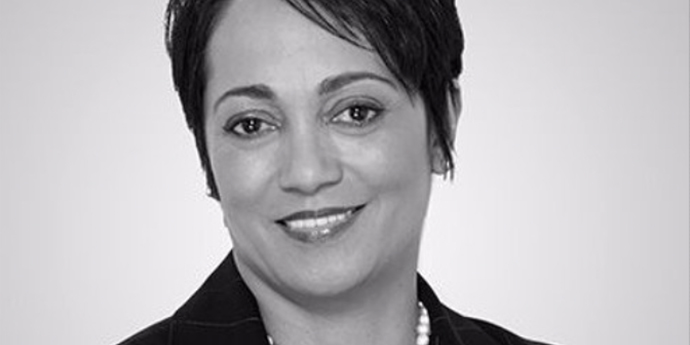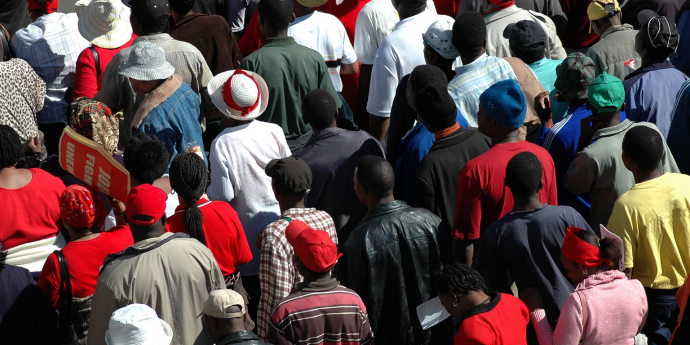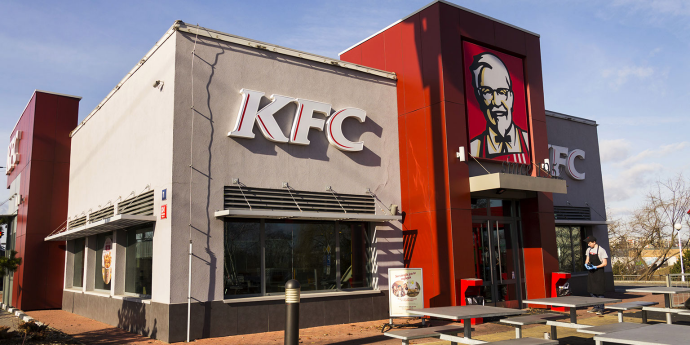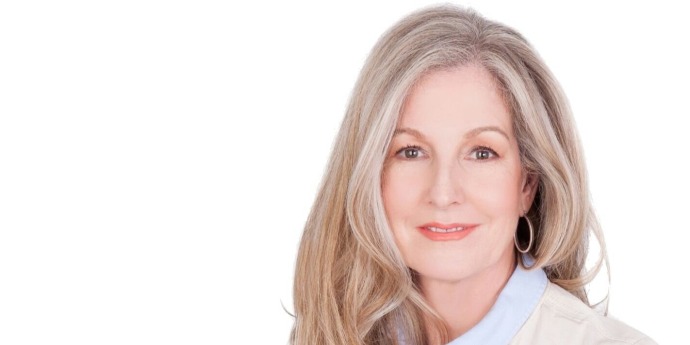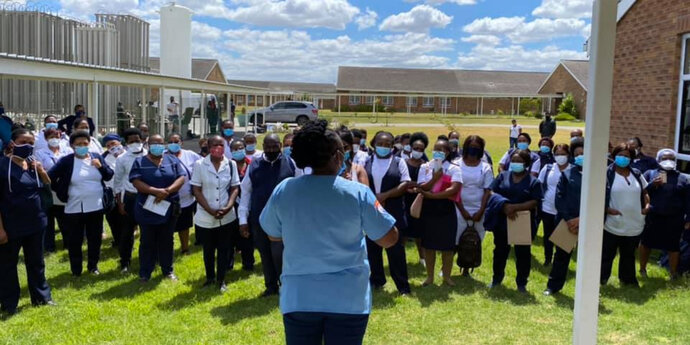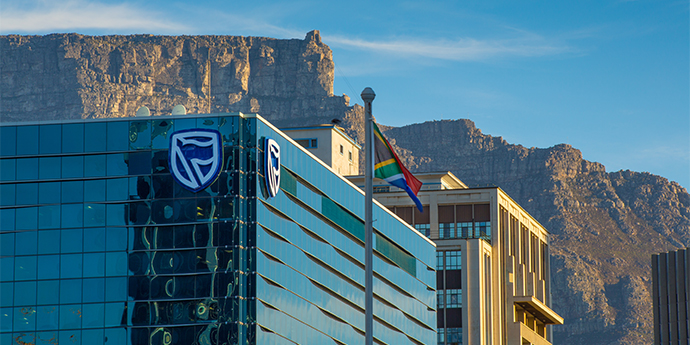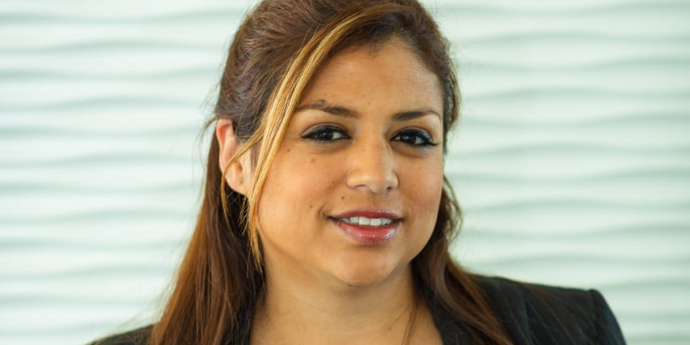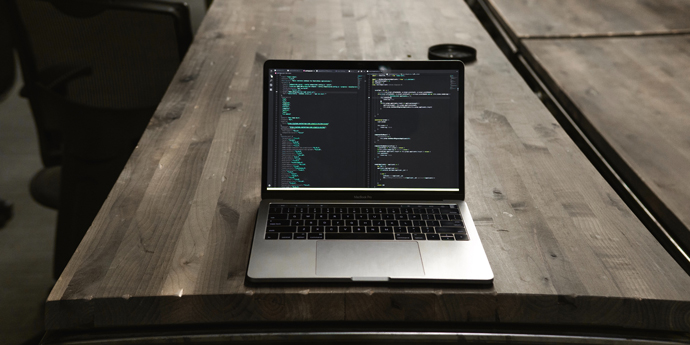At the risk of drying up the book royalties of hundreds of business authors who have built their careers around it, VUCA is on its way out and a new framework has emerged to replace it.
For the past 40 years, VUCA has been a powerful tool. It provided a helpful way of making sense of chaos and developing strategic leadership. However, the world — politics, technology, global warming, the pandemic, social movements, etc — has become too much even for VUCA’s “volatility, uncertainty, complexity, and ambiguity” to capture the state of things.
In its place, new models are emerging to make better sense of the world, and prime among these is Stephen Grabmeier’s BANI.
An award-winning thought leader in modern business, angel investor, and founder of Innovation Evangelists, Grabmeier put forward this new model in an article last year saying that while VUCA “used to hit the nail on the head … through this lens, however, we no longer can derive useful information. Instead, we seem to face chaos larger than VUCA.”
So what does BANI have to offer us in thinking about the world today and guiding strategic business leadership, especially in South Africa?
B is for Brittle — we need capacity and resilience.
First off, whereas “volatile” described instability, “brittle” describes breakability. “In a BANI world,” says Grabmeier, “a brittle system may work well on the surface while being on the verge of breaking down for good.”
The systems we work in today are so complex and interconnected that a small hiccup somewhere could cause unknown ripple effects that could not have been anticipated. The Ever Given ship getting stuck in the Suez Canal and disrupting international trade is a great example of how few of the systems and structures we rely on are truly reliable. Closer to home, loadshedding is a prime example of brittleness and how one small breakdown can have system-wide implications.
To manage in a brittle world, leaders must ensure their organisations have the required adaptive capacity that provides built-in resources that can be released quickly to deal with potential system failures. This resilience and capacity also speak to the need for people to build the emotional fortitude required to take the inevitable knocks.
A is for Anxious — we need empathy, mindfulness, and self-care.
In a brittle world we aren’t sure what we can rely on anymore and so we expect the worst to happen and wait for the next disaster. This creates anxiety.
What South African isn’t kept up at night by worries about inequality, crime, education, and the economy? Who isn’t thinking about global issues, the pandemic, and environmental collapse? You can’t escape it. The news cycle and social media give us no time to process all of this and perpetuate the anxiety.
This can be paralysing. We feel helpless and assume our decisions will go wrong, we have a gnawing gut feeling that we don’t have what it takes to get through these trying times, and we grow ever desperate not to miss out on all the opportunities people say exist.
Managers in a world of anxiety need self-care, empathy, and mindfulness to overcome the passivity and indecision that anxiety causes. Leaders must cut themselves a little slack and cultivate positive mental attitudes. Then, with empathy and mindfulness, they can champion a positive and healthy work environment and begin finding opportunities in a world of collapse, from a point of stability.
N is for Non-linear — we need context and adaptivity.
TREsemmé learned an important lesson in non-linearity in 2020, when a small advertising decision led to an explosive, brand-whipping backlash from the community. In a world of non-linearity, cause and effect are distorted and the impact of decisions begin to become harder to predict.
“Small decisions have disproportionate impacts that can turn out beneficial as well as devastating,” says Grabmeier. “Changes lead to consequences with huge delays or only later become tangible. A lot will not necessarily help a lot and great effort may just fizzle out.”
In an environment of non-linearity, leaders must become agents of flexibility and adaptability if the businesses they run are going to be able to “pivot” when changes in politics, society, business, technology, etc, happen unexpectedly, or when business decisions have unexpected outcomes. It is increasingly imperative for managers to be able to make sense of the context within which they manage.
I is for Incomprehensible — we need transparency and intuition.
Grabmeier replaces the lukewarm, “ambiguity,” with the disconcerting, “incomprehensibility.”
In our attempts to understand events, markets, behaviours, etc, through the restless gathering and analysis of data and information, we’ve created a tidal wave that is sweeping us away. For the few bits of insight we get, there is a constant noise to contend with. While we have become proficient at harvesting data and information, we are unable to really make sense of it.
We look around at the world, at the decisions leaders make, at how people behave, at new technologies with unfathomable implications, and it is greatly incomprehensible to us. The alcohol bans during lockdown and the SAA bailout are great examples of where decisions seemed to lack any logical purpose, therefore leaving one with a feeling of incomprehensibility.
Leading from within the incomprehensible requires transparency and a high level of critical thinking. Leaders must work to understand their own thought processes, accept and address gaps in their thinking, and question the assumptions, facts, and data they’re using to drive decision-making.
While BANI is not going to help us solve the challenges of our time, any more than VUCA did, it does offer a fresh, and potentially more nuanced way, of framing situations and conditions that could help to inform strategic leadership. And as South African business tries to make sense of a world beyond COVID-19, it could offer a lighthouse of sorts in choppy waters.
Dr Elanca Shelley is a Senior Lecturer at the UCT GSB and Programme Director of the Postgraduate Diploma in Management Practice (PGDip). The PGDip is now accredited as a 100% online programme.


